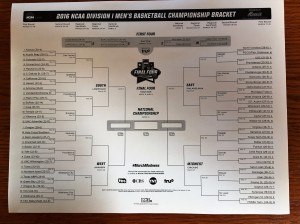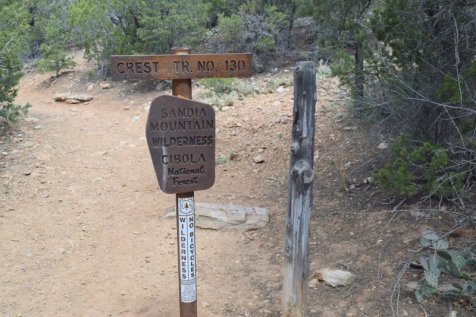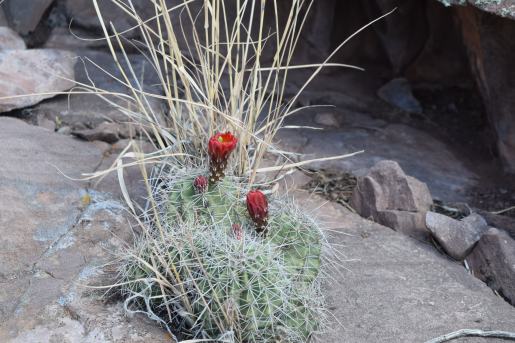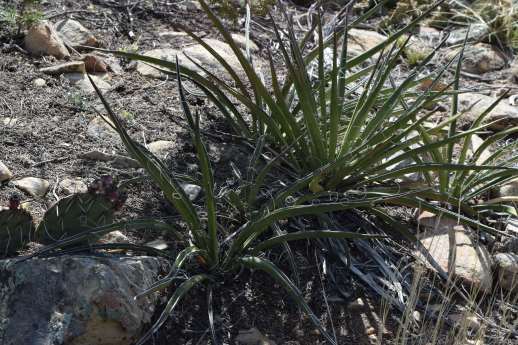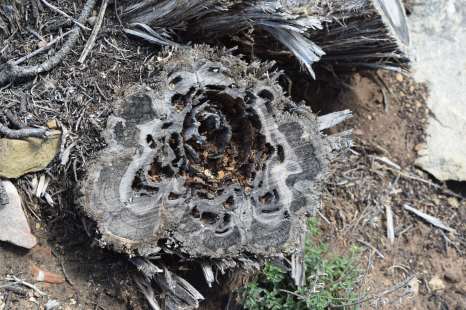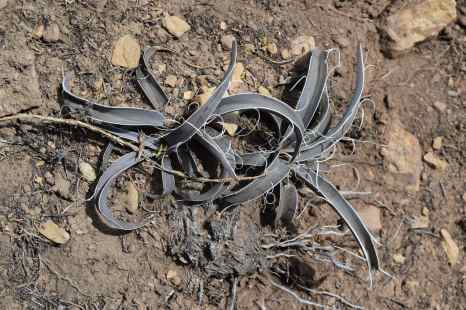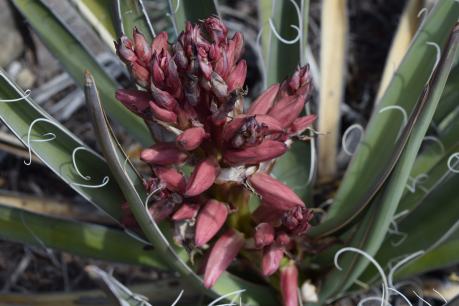The following is an excerpt from an email exchange with a relative. The question was what did I think the chances were that Dr. Blasey's memory was correct.
"I, too, watched the hearing yesterday. I listened carefully to what they both had to say. Like many people, I was left with some questions.
I thought about it all evening. I thought about all the women and few men who came and sat in my office and told me their stories of being sexually assaulted. I only remember one case where I wondered if the person was telling me the truth.
One of my main sources of frustration in that job was was that extremely few of these people were willing to report the crime to the police. They felt, rightfully so, that the chances that they would be believed and the person who had assaulted them would be held accountable were very slim. Further, they knew they would be harshly judged by public opinion, ect.
I thought Dr. Blasey was forthright. She answered the questions as fully as she could. When she didn't remember or was unsure, she said so. Yes, there were details she could not remember, but they were peripheral to the actual incident.
I listened carefully to Judge Kavenaugh. I don't believe that he was as forthcoming. I heard his righteous indignation at being questioned, his anger and his hurt over what he thought was a life well and honorably lived. I have heard variations on that theme before. I also heard him obfuscate the extent of his drinking and the effect it had on him at the time in question. I heard him refuse to insist that the only corraborating witness, Mark Judge, be called to testify. Why? I heard him dodge Durbin's question about did he want the FBI to investigate. Why not? I believe that he may not remember the incident that Dr. Blasey says occured. Perhaps it was a drunken joke to him. Perhaps one of many.
You saw the effect the incident had on her.
I could go on and on, but the bottom line is, yes, I believe Dr. Blasey's story. I believe that it was Judge Kavanaugh and Mark Judge in that room and did what she said they did."
LIke many people, the effects of watching the committee hearing lingered. I kept thinking about it. I came to the conclusion that what I described as "righteous indignation" on Judge Kavanaugh's part was rather the fury of an entitled white man being thwarted.




